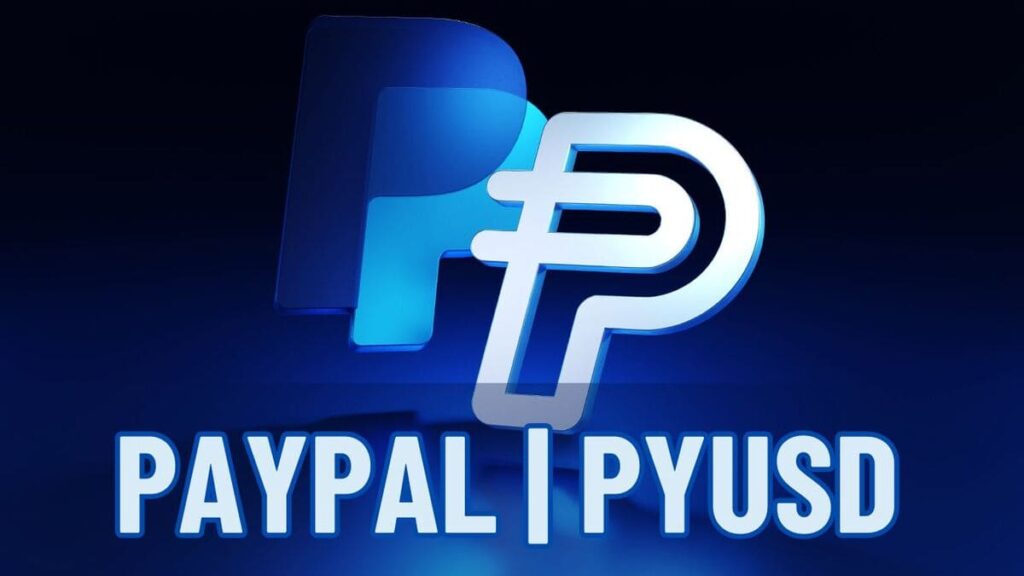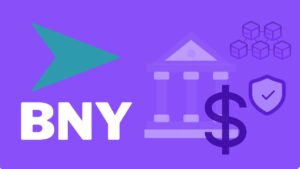TL;DR
- PayPal completed its first business transaction using its stablecoin PYUSD, paying an invoice to Ernst & Young through SAP on September 23.
- PYUSD has a market capitalization of approximately $700 million and is designed to facilitate fast and secure transactions.
- The use of stablecoins eliminates delays and risks in B2B transactions, allowing companies to manage their payments more efficiently.
PayPal has completed its first business transaction using its stablecoin, PYUSD. This operation took place on September 23, when the company paid an invoice to Ernst & Young LLP through SAP’s digital platform, which allows for instant payments 24/7. Although the invoice amount was not disclosed, this transaction is crucial for the company and its entry into the crypto market.
PYUSD, launched last year and pegged to the US dollar, has a market capitalization of around $700 million. This stablecoin is designed to facilitate fast and secure transactions, making it an attractive option for businesses looking to optimize their payment processes.
PYUSD: Speed and Security
José Fernández da Ponte, Senior Vice President of PayPal for blockchain and cryptocurrencies, emphasized that the use of stablecoins in the business environment offers a logical alternative for CFOs, as it eliminates delays and risks associated with payments that require intermediaries.

B2B transactions, especially those that cross borders, are often costly and complex. However, the adoption of stablecoins allows companies to reduce wait times and improve payment security. More and more businesses, especially in nations with unstable economies, are turning to these cryptocurrencies to manage their transactions more effectively. The BVNK platform, for example, allows companies to send US dollars and convert them into stablecoins for global payments.
PayPal Expands Crypto Operations for Its Clients
PayPal continues its expansion in the crypto industry, and the company has also announced that it will allow merchants to buy, hold, and sell cryptocurrencies directly from their business accounts. This strategy aligns with the company’s efforts to position itself as a leader in the use of cryptocurrencies within the traditional financial ecosystem.

Despite the challenges faced by the cryptocurrency industry, especially following the collapse of FTX in 2022, PayPal has managed to maintain strong financial performance, reporting revenues of $9.08 billion in the third quarter of 2024, a 12% increase compared to the previous year.
With its focus on integrating stablecoins into commercial transactions, PayPal directs its development and goals toward innovation in the financial sector and its desire to offer solutions that improve efficiency and security in payments










